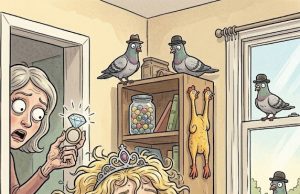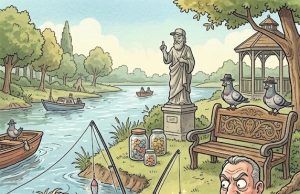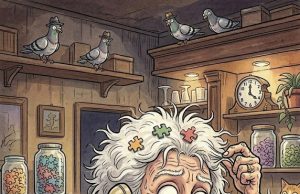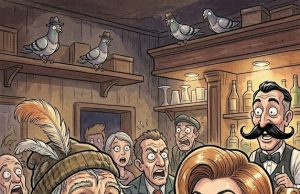
I hadn’t expected anything from her estate, so nothing surprised me.
But the following day, her son called—furious, confused, practically shouting.
While going through one of the old boxes his mother had left behind, he’d discovered a letter.
It wasn’t addressed to him.
It was addressed to me.

In it, she thanked me for being patient and gentle with her during her weakest moments.
She explained that she couldn’t change her will without stirring up more trouble, but she wanted me to know that what I gave her meant more than anything she could have passed down.
She wrote that I had been her comfort, her steady presence, her sense of peace at the end.
But that wasn’t why her son was upset.
Inside the same box were receipts, notes, and old photographs—evidence that she had once planned to create a small trust for him.
She never completed the paperwork. Instead, she spent her final months trying to mend things between them, something he never realized until he read her written regrets.
I let him talk, let him unload all the emotions that came crashing down on him. Then I told him honestly: the letter wasn’t meant to hurt him.
It was simply her way of expressing gratitude in the only safe, quiet way she felt she could.
There was no hidden agenda, nothing to argue over, nothing to blame. Just the truth she wanted us both to know.
What she hoped, more than anything, was that he would understand how fast time moves—and how important it is to show up for the people we care about while we still have the chance.
Her words were her final attempt to reach him.
In the end, I realized the real gift she left behind wasn’t money or belongings—it was the reminder that kindness holds its worth even when no one sees it.
And for her son, that letter became a reflection of the gap between what we mean to do and what we actually do.
Some inheritances aren’t material at all—they’re the lessons that arrive exactly when they’re needed.



















